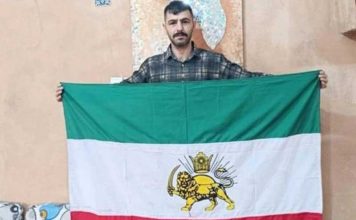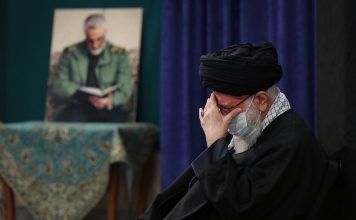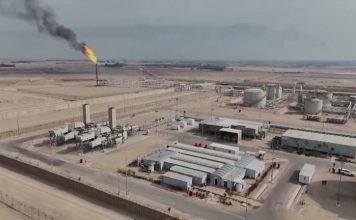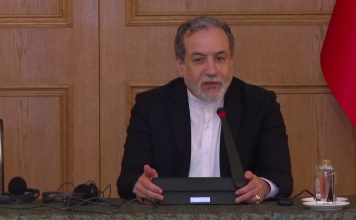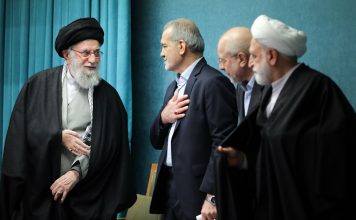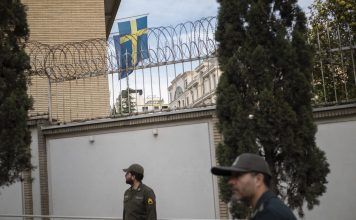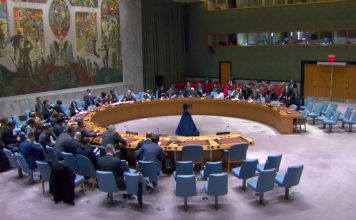A death sentence pronounced by Iran’s judiciary against Sharifeh Mohammadi, a female Kurdish labor activist, has been “strongly” condemned by the international human rights group Frontline Defenders (FD).
Mohammadi was arrested on Dec. 5 on her way home from work. Her house was then searched by officials, who confiscated electronic devices belonging to her and several of her family members. She was taken to Sanandaj prison, held in solitary confinement for 26 days and denied access to a lawyer. During this period, Mohammadi was only allowed two calls to her family, including one to her 11-year-old son. Mohammadi reported being tortured and physically assaulted during interrogations at the prison.
On July 4, branch I of the Rasht Revolutionary Court sentenced Mohammadi to death for “armed rebellion” and for being a member of the banned Komala Kurdish separatist party, charges which her family have denied.
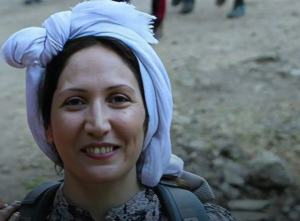
“Front Line Defenders condemns strongly the shocking death sentence issued by Branch I of the Rasht Revolutionary Court, which has interpreted her peaceful human rights work as rebellion against the state, punishable by death penalty,” said the Ireland-based group in a July 10 press release. “Furthermore, Front Line Defenders expresses grave concern over the targeting of Sharifeh Mohammadi’s family members, which it believes to be a retaliation against the woman human rights defender for her human rights and labor rights work.”
Mohammadi’s husband Sirus Fathi was also arrested on June 11, and released from prison on June 20. The charges against her husband have not been announced.
The death sentence was handed down by Judge Ahmad Darvish Goftar, the Virginia-based non-governmental organisation Human Rights Activists (HRA) reported July 4.
“Sharifeh was a member of the Association of Labor Organizations until 2013, which has no connection to the Komala group that she is accused of being a member of,” a source close to Mohammadi’s family told HRA.
In its press release, FD urged the Iranian government to overturn the death sentence immediately, to ensure that Mohammadi’s treatment while in prison complies with international standards for detainees, to conduct an independent investigation into Mohammadi’s allegations of assault and to stop targeting rights defenders in the country.
The Islamic Republic views Kurds in Iran as an existential threat, following a growing nationalist movement calling for independence from Iran. However, not all Kurds want to live in a separate state, with many demanding rights within Iran instead.
The Islamic Republic has committed ongoing human rights abuses against its Kurdish population in recent years to stem opposition to the regime.
The latest annual report on Iran by United Nations Secretary General Antonio Guterres contained concerns about ongoing and systematic abuse of minorities in Iran. Incidents of oppression included the denial of access to education and the arrest and imprisonment of individuals based on their perceived affiliation with such minorities, including Kurds.
A conference held on the sidelines of the UN Human Rights Council in Geneva on March 18 discussed the treatment of Kurds by Iran’s government. The event, hosted by the Geneva-based Kurdistan human rights association, discussed data from the UN fact-finding mission on the Islamic Republic of Iran whereby, of the 936 identified cases of detained anti-government protestors in 2022, 43 percent were Kurdish.



